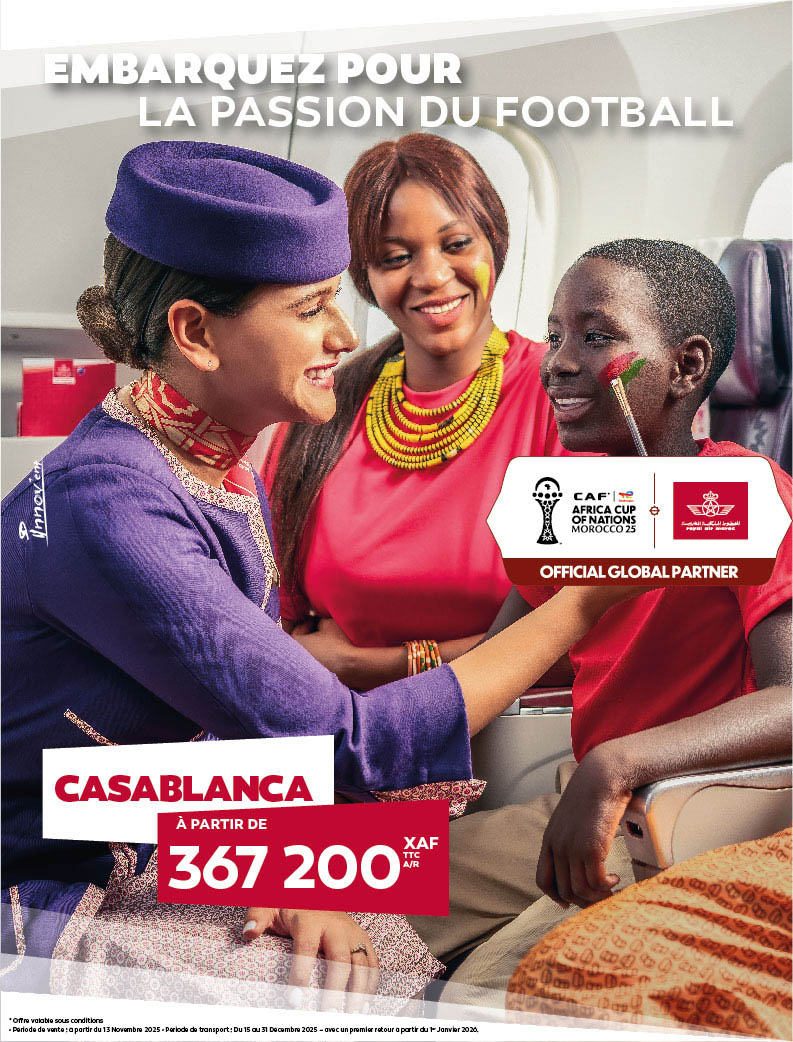The Moroccan football team and its fans subverted a World Cup that looked set to be a stultifying showcase for state and corporate power. From solidarity with other African nations to the celebration of Arab identity, they’ve left behind an important legacy.
Morocco’s run in the World Cup was exhilarating. Led by coach Walid Regragui, who took over only some months ago, the Atlas Lions exceeded all expectations, defeating three former European colonial powers (Belgium, Spain, and Portugal), and acquitting themselves well in their semifinal defeat to reigning champions France.
From the mass prayer sessions in Indonesia to the celebrations on the streets of Egypt and Cameroon, this team has won the hearts of millions — Africans, Arabs, Muslims, and migrants who see themselves in this team.
Images that will endure: playmaker Hakim Ziyech’s light-footed turns, midfielder Sofyan Amrabat — dubbed Minister of Defense — and his barreling runs, and team captain Achraf Hakimi’s post-match embrace of his mother, who worked as a domestic in Madrid, Spain, while raising her children.



 Achraf Hikimi celebrate against Belgium victory by kissing mum
Achraf Hikimi celebrate against Belgium victory by kissing mum
